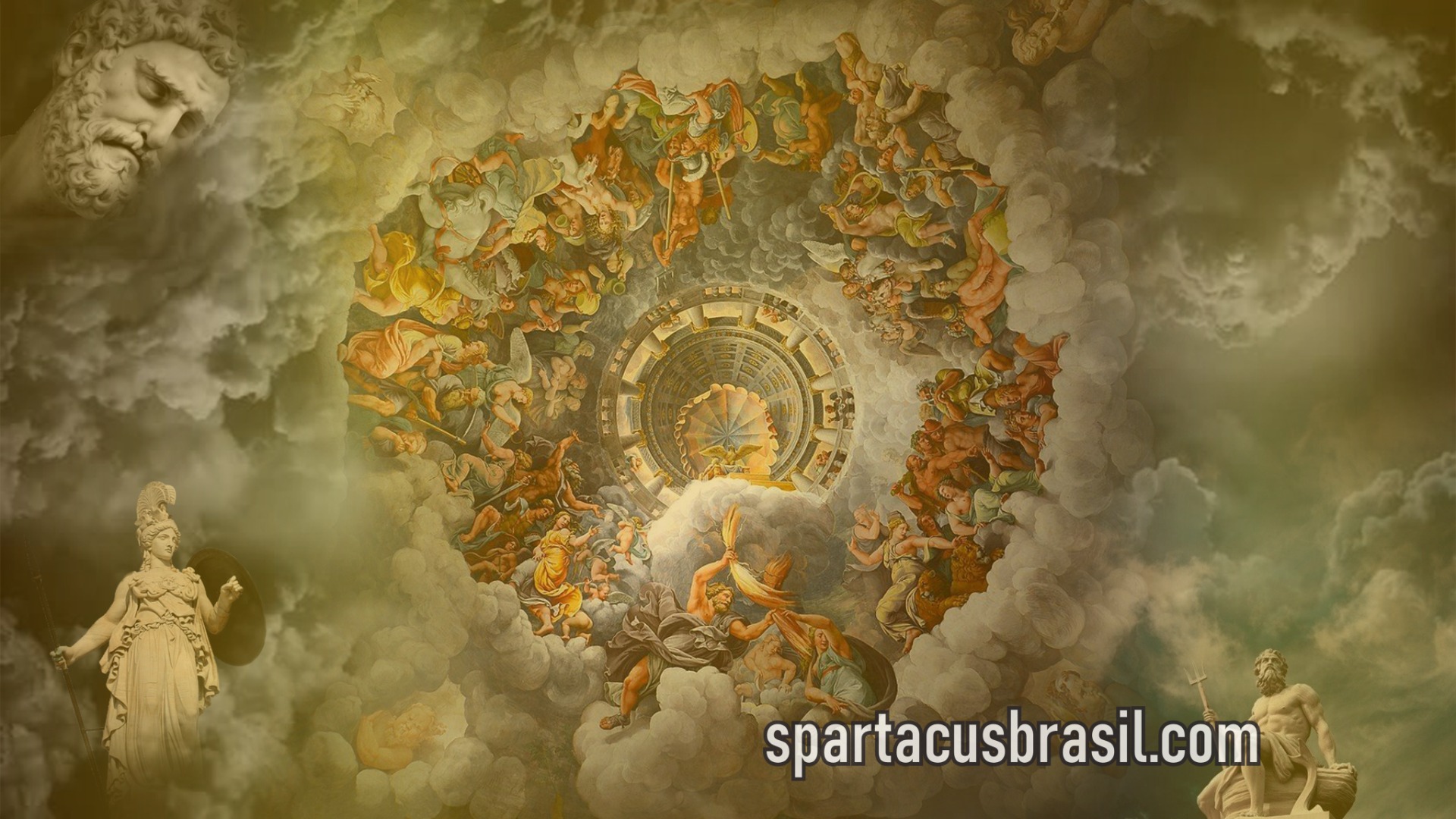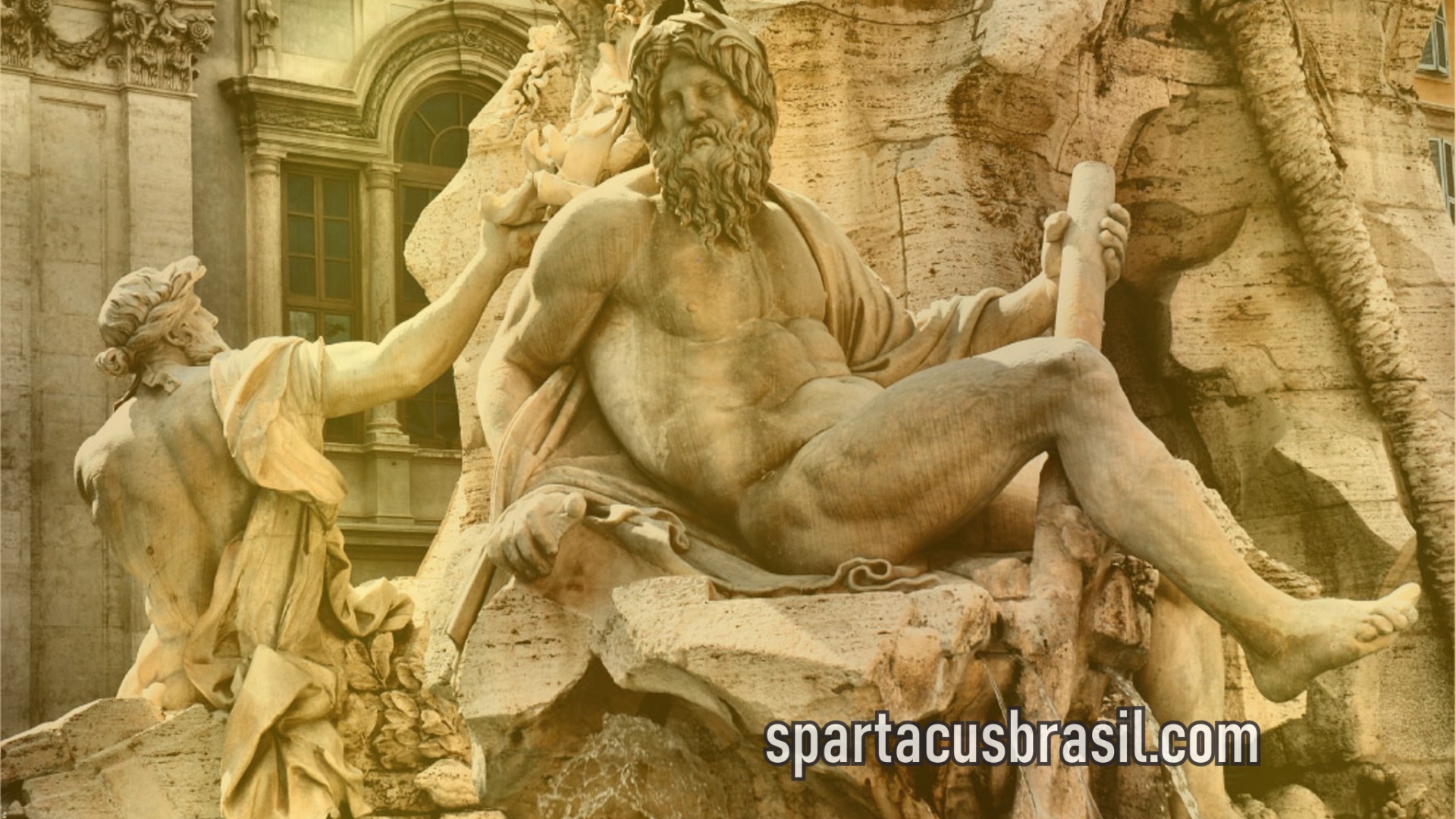The True Kratos from God of War
As for Kratos from God of War, we all already know! But what about the Cratos that really existed within Greek Mythology? Have you heard of or know their incredible story?
There are Thousands of elements and Characters in Greek Mythology and in this matter, in addition to knowing the main ones, you will also know the most interesting ones, check it out.

Greek Mythology is the study of sets of narratives related to the myths of the ancient Greeks and their meanings. For many modern scholars, understanding Greek myths is tantamount to shedding light on the understanding of ancient Greek society and its behavior, as well as its ritualistic practices. Greek myths illustrate the origins of the world, the ways of life, the adventures and misfortunes of a wide variety of gods, goddesses, heroes, heroines and other mythological creatures.
Throughout the ages, these myths have been expressed through an extensive collection of narratives, which constitute Greek literature, and also in the representation of other arts, such as the painting of Ancient Greece and the ceramics of red figures. Initially disseminated in oral-poetic tradition, these myths are now treated only as part of Greek literature.

Check: Perseus Story



Check: Medusa History and Myth
As for Kratos from God of War, we all already know! But what about the Cratos that really existed within Greek Mythology? Have you heard of or know their incredible story?
Roman Mythology: Are Greek and Roman Gods the Same Thing? In a simplified way, yes! With the exception of their respective Names. Check out everything about the Roman Gods below.
Behemoth is a terrifying Monster from both the Bible and Greek Mythology. According to the Old Testament, he will rival Leviathan at the end of time. Learn more about this terrestrial monster below.
The Erinyes (or Furies) are, in Greek and Roman Mythology, women represented as a symbol of revenge. They are very similar to the Keres and, also, often confused, check it out.
Although Dragons are of Chinese origin, the Greeks also had their representations for the Dragon figure. We've separated for you 3 exclusive Dragons that only exist in Greek Mythology!
Pegasus is, in Greek and Roman Mythology, a white winged horse given by Zeus to Bellerophon to defeat the terrible Chimera, an exotic monster of this mythology, check it out.
Jason, in Greek Mythology, is one of the most relevant Characters, so much so that, in addition to being a Hero, he is the son of Zeus, thus: a demigod. He knows more about its history, from Medea and Argonauts to the Golden Fleece.
The Griffin, in Greek Mythology, is a mystical creature with the body of a lion and an eagle's head. Unlike the Greek sphinxes (which are perverse and treacherous), Griffins are good creatures and often help demigods.
Do you already know the Legend of Atlantis? Find out now if this legendary (and hypothetically "lost") city actually existed. Plato portrays it very well within Greek Mythology and Religion, check it out.
The Trojan Horse was a huge wooden horse used as a military strategy by the Greeks during the Trojan War. If in fact it existed, it was one of the greatest feats of warfare in history! Know.